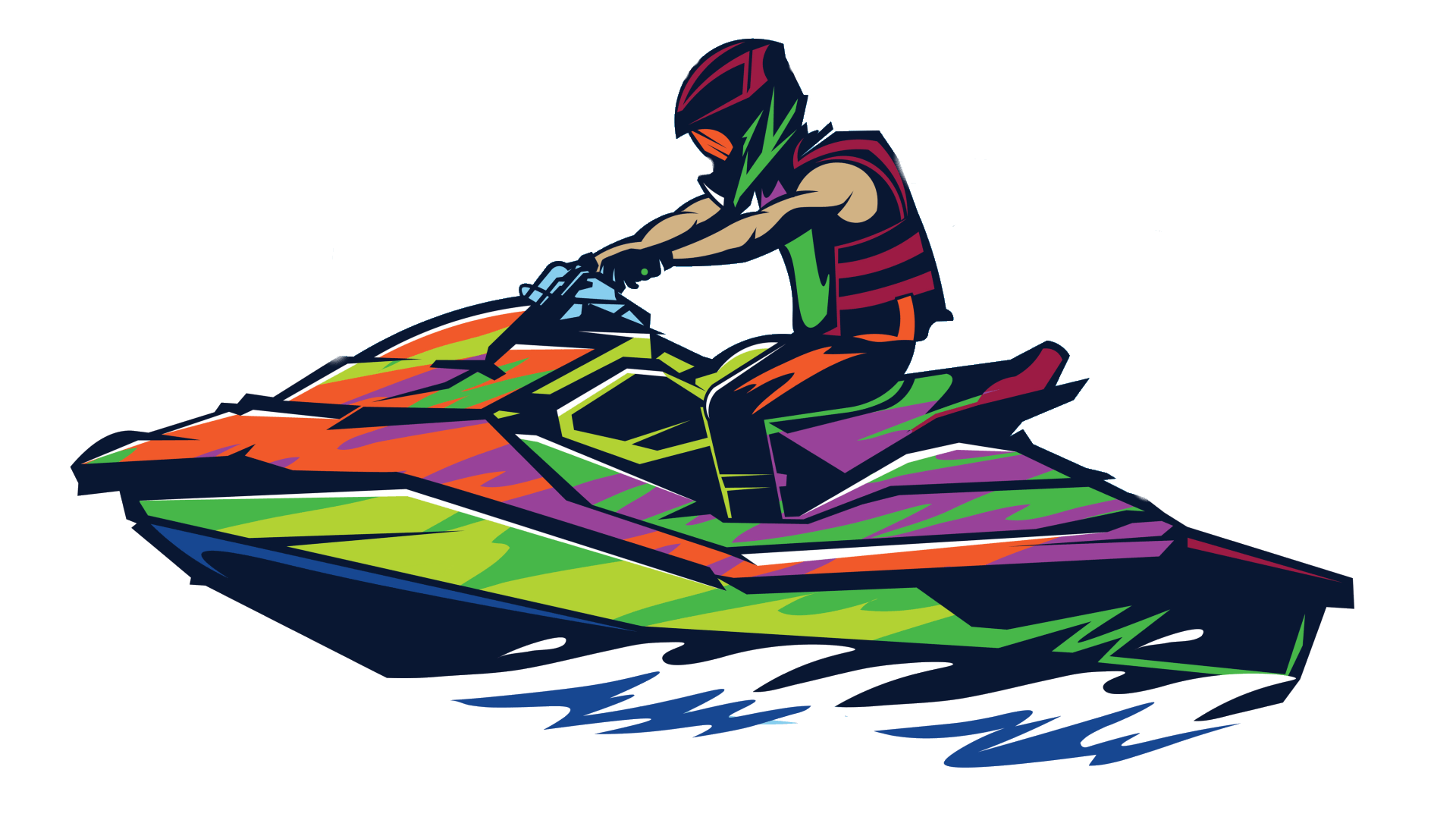How Dangerous Is Jet Skiing?
BOOK NOWJet skiing can be an exciting and entertaining way to spend the weekend, but they also have some inherent risks. Please exercise caution when using our Kelowna jet skis on any of the numerous lakes in British Columbia.
When operated by a novice, a jet ski or other watercraft can pose serious risks and have disastrous consequences. There are several causes of jet ski accidents. Even though you can't stop all accidents from occurring, having more knowledge will reduce the likelihood that a serious jet ski accident will occur.
Common mistakes that lead to accidents
Violate boating laws
It's interesting to note that there are the same number of safety regulations for land and for water. Following these guidelines is essential to guaranteeing an incident-free, safe, and quiet jet ski session. Keep in mind that these rules prioritize your and others' safety. The fundamental ones include obtaining the required licenses, abstaining from speeding in no-wake zones, abiding by the permitted places and hours to ride, abstaining from driving after drinking, and donning the appropriate safety gear.
Underestimate the time needed to bring the jet ski to a stop
First of all, be aware that personal watercraft do not instantly stop. Not knowing how long it takes to stop your ski might hurt you and other people as well as harm the equipment. Thus, practice stopping in a space that is open and free of obstacles.
injury to you and others from a machine. Therefore, if you're new to jet skiing, it's a good idea to practice stopping in a wide-open region where you won't risk yourself or others. That implies that it will take practice to learn how quickly you can transition from full power to a complete stop.
Riding too closely or cutting off other boats
When operating a jet ski, the possibility of colliding with another watercraft exists at all times. Similar to traffic regulations, watercraft regulations require a safe riding distance from other boats on the water.
Safety advice
- A personal watercraft should not be operated by anyone under the age of 16.
- Enroll in a safe boating course and have your child(ren) do the same.
- Each passenger must always have a life jacket (or other personal floatation device) on board.
- Ensure that both your life jacket and the life jacket of your passenger support your particular weights and fit comfortably.
- Never combine drinking and jet skiing.
- Make sure an adult is always on the shore keeping an eye on you and/or your youngster.
- Make sure your passenger is prepared to go before you begin when operating a jet ski with another person.
- Be sure to grab on tightly if you are riding a jet ski while someone else is operating it. If your hands start to slack or if you're not ready to move, let the driver know.
- Never start your engine without fastening your key or the rope leading to the start/stop switch to your wrist or life jacket. The device will shut off immediately if you fall off.
- Each rider should put on eye protection, gloves, shoes, and a wetsuit if it's freezing outside.
- Always be on the lookout for inclement weather.
- Jet skis should never be used in shallow water.



